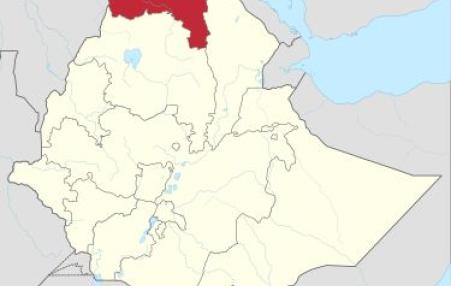Tom Stevenson
London Review of Books

What are the major wars of our time? Ukraine and Gaza, of course. But what about Syria, Yemen, Ethiopia, Myanmar, Sudan? Most of these are civil wars with very large numbers of fatalities. This is a review of "Understanding Ethiopia’s Tigray War"
Spread the word